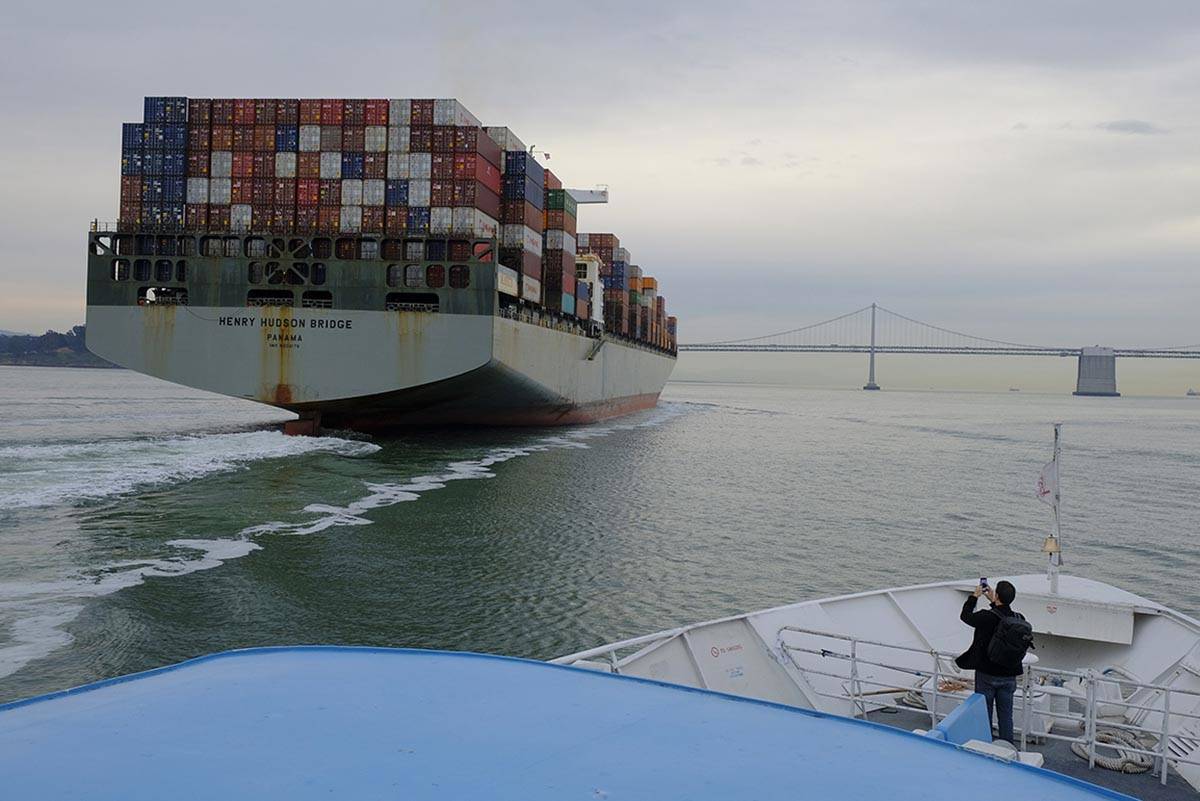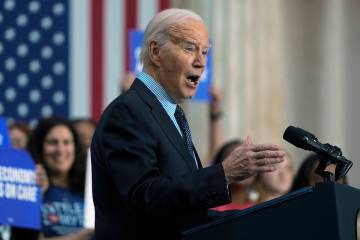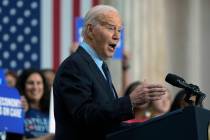EDITORIAL: Congress must reclaim authority on trade policy
Donald Trump’s pre-pandemic economic record was impressive despite his administration’s insistence on hampering its own growth aspirations with counterproductive trade wars and punitive tariffs. A newly released report on the issue highlights how federal law gives presidents too much latitude when it comes to using “national security” as an excuse for protectionism.
Throughout his presidency, Mr. Trump sought to shield U.S. industries from the disruptive dynamics of global competition by limiting imports or making them more expensive through taxes and levies. While often popular, there’s little evidence that this approach offers anything more than a brief respite for the industries involved, yet the former president was adamant about sheltering certain domestic manufacturers, particularly steel and aluminum producers.
Mr. Trump also spent a good deal of time rattling his saber over potential tariffs on automobile imports and parts. In 2018, he directed his Commerce Department to put together a report on how such duties would align with provisions of the Trade Expansion Act of 1962, which gives the president wide discretion to impose tariffs under the guise of “national security.”
In 2019, Republican free-traders and Democrats in Congress sought access to the document when Mr. Trump threatened to slap tariffs on auto imports. But the White House ignored a subsequent congressional order to produce the report.
But with the former president ensconced at Mar-a-Lago, the Biden administration has finally made the 116-page review available for inspection. As Eric Boehm of reason.com pointed out last week, even Mr. Trump’s own Commerce Department barely bothered using a fig leaf for its flimsy justification.
“Consistent with those investigations, the secretary in this investigation again determined that ‘national security’ for purposes of (the Trade Expansion Act) includes the ‘general security and welfare of certain industries, beyond those necessary to satisfy national defense requirements, that are critical to the minimum operations of the economy and government’. ”
In other words, there’s virtually no American industry that wouldn’t be eligible for trade protection from the White House under this six-decade-old law.
Regardless of where one stands on trade, there should be broad agreement that decisions about trade policy should be debated and implemented by Congress with the consent of the president, not delegated to executive branch bureaucrats. As the auto-tariff report reveals, the Trade Expansion Act provides too much power to the White House to use “national security” to unilaterally impose policy. If they won’t kill the law, members of both parties should work together in Congress to tighten the statute and reclaim their own authority.






















